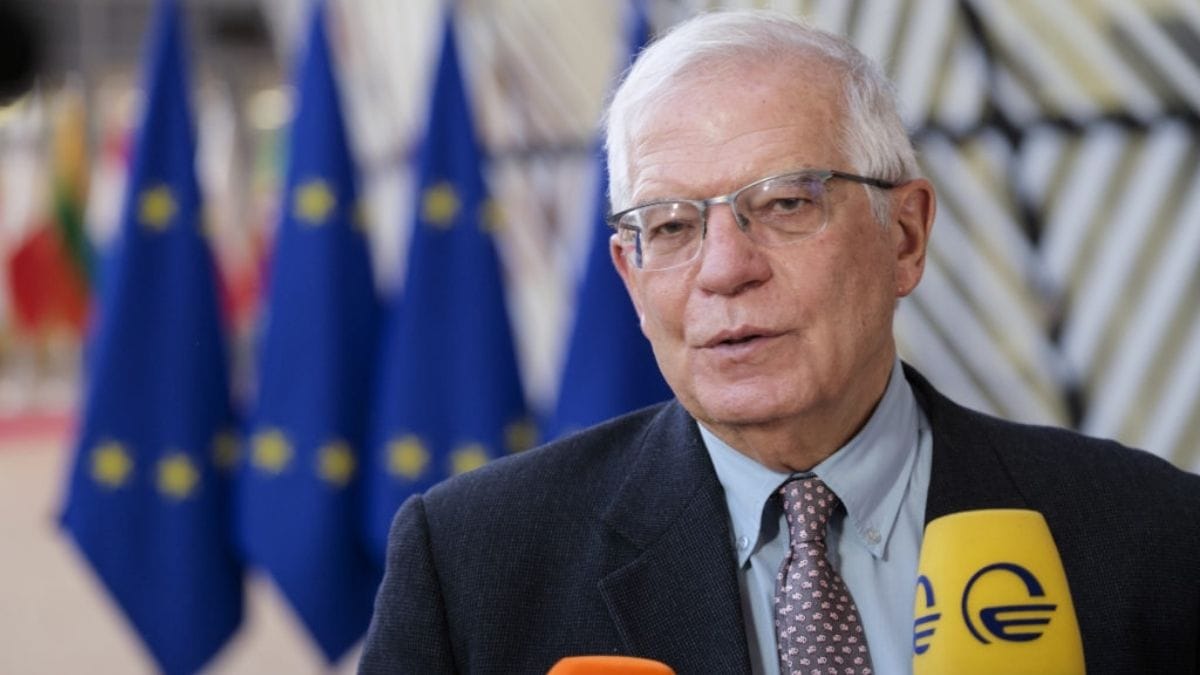Last-minute Russian demands relating to the Ukraine crisis threatened to undermine the near-complete process of resurrecting the Iran nuclear agreement on Friday when the EU declared that discussions would be paused.
Despite the fact that “a final text is essentially ready and on the table,” the EU’s foreign policy leader, Josep Borrell, tweeted that the wait was “due to external forces.” The latest round of talks began in late November in Vienna, Austria, with the United Kingdom, China, France, Germany, Iran, and Russia, with the United States participating indirectly.
They had come a long way toward their goal, which was to revive the 2015 Joint Comprehensive Plan of Action (JCPOA), which had begun to crumble when former US President Donald Trump withdrew from it in 2018.
Enrique Mora, the EU ambassador who has been chairing the discussions, told reporters that delegations had reached the stage of “negotiating footnotes.” He hailed the US and Iran in particular for their “very constructive, very good attitude,” and expressed confidence that the discussions will restart “very, very soon.”
However, Russia stated last week that it was seeking assurances that the Western sanctions placed on its economy as a result of its invasion of Ukraine would not have an impact on its commerce with Iran.
As with the initial JCPOA in 2015, Moscow was anticipated to have a role in implementing any new agreement, such as receiving shipments of enriched uranium from Iran.
“The Ukraine conflict has now entered the Vienna talks in a very real way,” Nuclear Threat Initiative’s Eric Brewer told AFP. He said that Moscow’s demand for a “blanket guarantee” “has thrown a wrench into this process at the last minute that really threatens to upend talks and prevent the restoration of the JCPOA.”
Following the declaration by the EU, the US placed the ball in the court of Iran and Russia on Friday. “We are confident that we can achieve a mutual return to compliance… (if) those decisions are made in places like Tehran and Moscow,” said State Department spokesman Ned Price.


